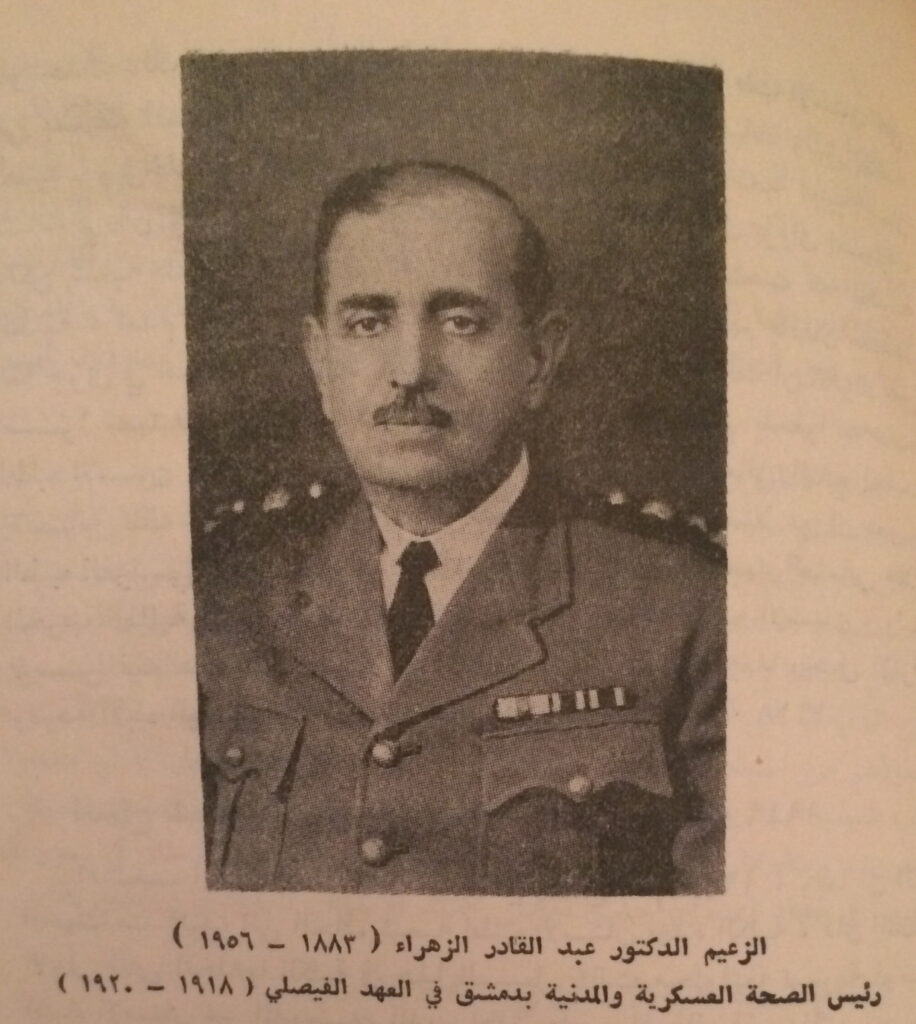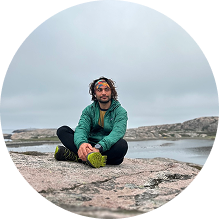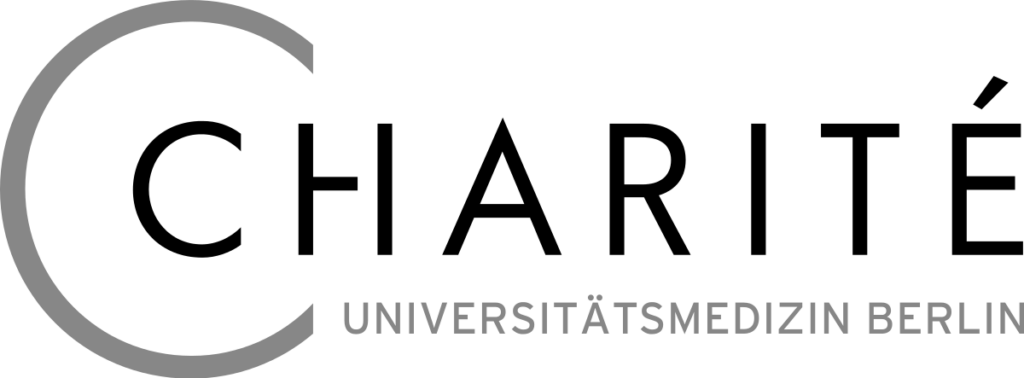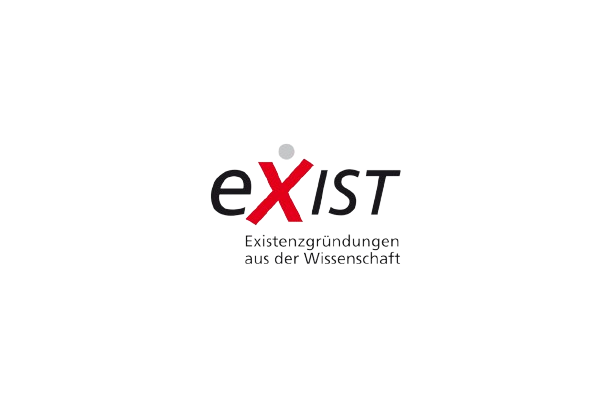Introduction
My name is Yesser Falk. I am a doctor in Berlin, Germany, and currently doing my residency in dermatology. I love reading, writing, swimming, running, hiking, cooking, fitness, bodybuilding, and I love animals, especially dogs 🐕.
My favorite philosophers are John Stuart Mill, Friedrich von Hayek, Michael Sandel and Milton Friedman. My favorite authors are Malcolm Gladwell, Yuval Noah Harari, Atul Gawande, Nassim Taleb, Eric Topol, and believe it or not, Arnold Schwarzenegger. My Favorite Podcasts are: Revisionist History, Huberman Lab, On Purpose with Jay Shetty, The Drive, and The Diary of a CEO.
Education
I graduated from medical school in 2021. I went to two quite popular medical schools in Germany: Marburg University and Charité University Hospital, from which I graduated in 2021. During my studies, I received a scholarship for talented and high-achiever students from the Friedrich Ebert Foundation. The scholarship is not just about financial support. In my opinion, it is primarily about being part of a community, that shares similar values and creates the right atmosphere to learn about new perspectives. It is also a place to debate and argue. While going to university helped me learn about medicine, being a scholar helped me learn about politics, economics, society, and communication. It helped me learn a lot about myself and society.
Startups
During medical school, I wanted to try something else than just being a doctor working in a clinic. So, I started looking for startups to join as a medical student. The first medical startup I joined was creating podcasts for medical students and doctors and selling them as a subscription. I used to listen to them, and I really liked them. So, I wrote the founder an email, asking whether I could help out as a working student. We did an interview on the phone, and I started working there. After a couple of months, I learned my first lesson about startups: having a cool product on the outside doesn’t mean that the startup is working well on the inside. After some time, I started applying for other medical startups: This time, I joined one of Europe’s biggest telehealth providers. A Swedish company that was coming to Germany. They had just secured an investment and were building a team to launch their product in Germany. My job was to build an SEO databank about health information. There, I learned about power dynamics in startups, compartmentalization, conflict of interests, work culture, and how to reduce costs (hire an intern with a high GPA). I also learned it is very hard to enter the German healthcare market.
During my last year of medical studies in 2021, I wanted to have a more key role in medical startups. So, I started looking for co-founder or chief medical officer vacancies. I found this small startup that just got financing in the form of a scholarship from the state (it is called Berliner Startup Scholarship or Stipendium in German). It was a team of 3, and I would join them as a co-founder and chief medical officer. It was the perfect match. We were building an app for patients with heart diseases. The plan was to certify the app as a medical product and get it admitted as a DIGA. DIGA is short for digital health application (Digitale Gesundheitsanwendung). In short, if your app is certified as a DIGA, all public healthcare insurances will cover the costs for the app. On paper, this is a huge opportunity since 90% of the German population has public healthcare insurance. This meant access to millions of customers (74.9 million insurers to be accurate as of March 2024). Now, here is the catch: Certifying your health app as a DIGA is very long and costly: it takes on average 2 years and costs hundreds of thousands of euros. You have to prove in a randomized control trial (RCT) that your app offers more measurable benefits compared to other solutions. I think the keyword here is measurable. Usually, these benefits are measured using questionnaires with scores. Something like, “How much better do you feel today compared to last week?” This brings us to the next problem with DIGAs: How beneficial are they, really? Seeing changes in scores based on subjective answers is questionable. And you will have a hard time convincing scientists and physicians that these trials justify using an app as an alternative to other solutions, especially when the app costs are incredibly high. Which brings us to the third and last problem about DIGAs: they are unjustifiably expensive. The cost varies between 240€ and 750€ per quarter (3 months). Who would pay at least 80€ subscription per month to use an app? Many healthcare startups that had a certified DIGA went bankrupt. Why? Very few doctors were willing to prescribe them.
Here is a link to an article in Harvard Business Review with the title: Want to See the Future of Digital Health Tools? Look to Germany. The article talks about DIGAs, when they first came out in 2020
https://hbr.org/2020/12/want-to-see-the-future-of-digital-health-tools-look-to-germany
Research and Academia
If you are still reading, it means that you realized by now that I like medicine and startups, which is true. But what about science? Well, I finished my doctoral dissertation in public health. I developed a novel method to measure amenable deaths in a closed population. The method is called normative life tables, which represents an ideal life table (we can also describe it as an ideal state) for patients with certain diseases and demographic variables (e.g., sex, age). For example, if a 50-year-old man has COPD (chronic obstructive pulmonary disease) in the US, then he should ideally live for another 21.01 years. We can only apply this method to certain chronic or infectious conditions. Why is this method useful? You can measure avoidable deaths using only demographic measures that we access through databanks like WONDER from the CDC. We don’t have to spend millions of dollars to try to find out how and where to improve healthcare. If we know that a 50-year-old man has 21 years left and someone in Kentucky, for example, is dying by 60 from COPD, then we know that there are shortcomings in healthcare in Kentucky regarding patients with COPD (This is a real example from my dissertation; the reasons have to do with increased hospitalization rates, limited access to healthcare providers, specialists, COPD management, and rehabilitation programs).
Here is the link to my dissertation:
https://archiv.ub.uni-marburg.de/ubfind/Record/urn:nbn:de:hebis:04-z2023-0363?sid=226329
What about lab work? I used to be a tutor in Biochemistry and Microbiology during my medical studies. I had my own lab in biochemistry to conduct, explain, and supervise the experiments. In microbiology, we used to analyze the bacteria using different tests like coagulase and catalase and study them under a microscope. I loved working there. I loved doing experiments and learning new things.
Plans for the Future
What are my plans now? I realized that doing research is something that I enjoyed and have missed. I would love to do a postdoc, preferably in the intersection of Tech and medicine, the two things I am passionate about. And I want to write and share knowledge from great researchers around the world. One thing that made me really happy was distilling complex and difficult topics and explaining them in very simple ways, making them understandable to everyone.
Personal Life and Cultural Background
I was born and raised in Damascus, Syria. I finished high school when I was 17 years old with one of the highest GPAs in Damascus (I even received an award from my school). My great-great grandfather was an influential doctor and politician who co-founded the faculty of medicine at Damascus University. I studied medicine there for 2 years. In 2013, when I was 19 years old, I applied for a student visa to Germany and moved there in June of the same year. In 2021, I became a German citizen.

Leader Dr. Abdulkader Zahraa (1883-1956)
(My great-great grandfather)
I believe there is a story for each period of life. For the first part of my life I was a Syrian person living and enjoying life in Damascus. After moving to Germany this story became less salient. The story of being a medical student, learning a new language and also the culture, making new friends and relationships and blending in the society defined my life during my twenties. After finishing medical school and becoming a doctor my strivings changed. New strivings have emerged: find out the answer to what is my soul asking of me. What is awaiting to be expressed in the world through me. You see these questions start to emerge during the second half of our life. And a half is not defined as being 40 or 50 years old. It is defined as the time point at which we stop living reactively. Living reactively means that we are reacting to what people and the world around us is asking of us: what your college wants from you, what your school wants from, your parents, partner or society. At some point you fulfil these expectations and start asking yourself: now what? Where do I want to go next? What is my role in life? Why am I here?
In this blog I am taking you with me on my journey. It is also a platform to express what the world wishes to be expressed through me, at least this is what I choose to be true at the moment.
If you have any questions, you can write me anytime at: yesser.falk@gmail.com
Don’t be shy.


Subscribe to My Newsletter
In my newsletter I will be taking you on my everyday journey.
I am travelling to South Africa and Bali before moving to Switzerland in August to continue working as a dermatologist.
The newsletter is a mix of everything: what I did, what I learned, what I am thinking about. Try it out!



